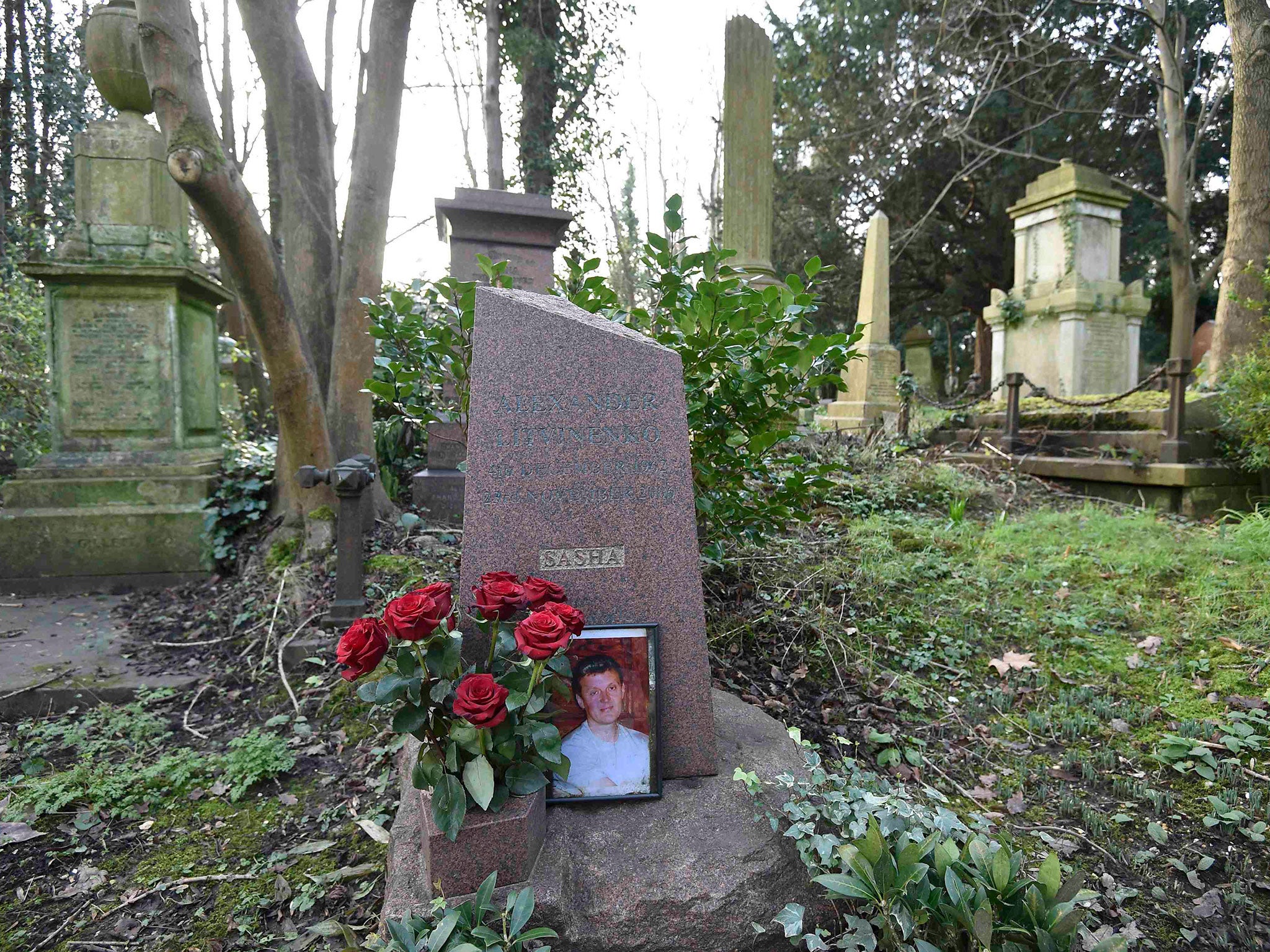Litvinenko inquiry: The worst part of this story is how much of it remains untold
Robert Verkaik, who first revealed Litvinenko was working for the UK security services, regrets secrecy that prevented inquiry from giving a full account of the murder

Nearly 10 years after the shocking murder of a Russian spy on the streets of London we finally know who was “probably” responsible.
Sir Robert Owen makes clear that two FSB agents used a radioactive poison to kill Alexander Litvinenko after he incurred the wrath of President Vladimir Putin.
But this is only the start of the story. The real secrets that lie behind Litvinenko’s death and what they tell us about Russia’s malign influence on British life remain untold.
Many believe that Litvinenko paid the ultimate price because he was investigating alleged ties between Russian mafia, Putin and British-based oligarchs.
The notorious crime gangs of Moscow and St Petersburg were Litvinenko’s area of special expertise when he worked for the KGB, and the Kremlin knew it. Britain’s own Secret Intelligence Service knew it too. So when he defected to the West in 2000 MI6 quickly put him to work investigating the money laundering operations that appeared to link the crime gangs to Putin as well as many of the Russian businessmen who enjoy the protection of the Kremlin.
I believe Putin didn’t care about the state secrets that the defecting agent was able to share with the West. Instead, he acted to protect the sources and routes of the billions of dirty roubles that were being washed through European businesses.
We know this only because of the tantalising glimpses of evidence that Litvinenko’s widow, Marina, and his friend Boris Berezovsky were able to share with the inquiry.
Ms Litvinenko said her husband was being paid by MI5 or MI6 to help in joint operations with Spanish secret services who were investigating corrupt property deals. This money laundering linked Putin and the oligarchs to Spain where Russian crime gangs had secured a foothold in the early 2000s. Ms Litvinenko told the inquiry her husband’s intelligence also related to the presence of Russian organised crime in the UK.
Before Berezovsky’s death in 2013, he submitted evidence to the inquiry which corroborated this line of inquiry. Litvinenko’s other friends also talked about meetings that he had with British intelligence officers working on this investigation.
But the idea that this could be a motive for Litvinenko’s murder is dismissed by Sir Robert. He concludes: “None of the evidence suggests that Lugovoi and Kovtun were commissioned to kill Mr Litvinenko by members of crime gangs.”
This is an unsatisfactory way of dealing with the question, but Sir Robert evidently does not consider that the Kremlin and the Russian crime gangs may be so entwined that they are now one and the same.
By answering the question in this way the judge has excused himself from exploring whether the Kremlin’s motivation for sanctioning the murder was to stop Litvinenko exposing this criminal relationship. The actual assassination orders needn’t have come directly from any crime gang chief for the Russian mafia to benefit from his death.
The failure to tackle such an important question goes to the heart of a fatal flaw in the inquiry – that the core of the Government’s evidence was submitted in secret.
This has meant that a substantial part of the report has had to be redacted. Sir Robert’s hands are so firmly tied that his report is unable to even answer the simple question as to whether Litvinenko worked for any of our security services. So we will probably never know what secret operation Litvinenko was working on in the days before his death.
All we have are untested allegations made in public but never properly scrutinised.
One of these claims originated with Berezovsky. In evidence to the inquiry, he alleged that Litvinenko told him that the oligarch’s business rival and former friend Roman Abramovich, the owner of Chelsea Football Club, was one of Litvinenko’s subjects of interest.
A witness statement that Berezovsky gave to the Metropolitan Police Service in December 2006, and submitted to the inquiry, states: “I know that he [Litvinenko] also collected some money from co-operation with the Spanish intelligence service. He was helping them regarding the Russian mafia.
“Twice in September 2006 he told me that he had helped the Spanish intelligence agency to arrest a top Russian mafia boss operating in Spain called Shakuro. He also told me that he was working on some intelligence relating to Roman Abramovich. This was likely to see him arrested in Spain for money laundering and buying land illegally. This also involves Putin.”
But this astonishing allegation, like many claims made by the witnesses, is simply left unanswered by the inquiry.
So is it just coincidence that Litvinenko was killed weeks before he was due to give evidence in a Spanish court which was investigating the crimes of the Russian mafia?
Sir Robert’s report helpfully quotes a US diplomatic cable released by WikiLeaks in 2009 which says that Litvinenko was convinced that “the Russian intelligence and security services ... control organised crime in Russia.”
The inquiry concludes there was personal animosity between Putin and Litvinenko. But if everyone who fell out with Putin was bumped off the Russian secret service would be kept very busy indeed. We now know how Alexander Litvinenko was killed but we are still none the wiser as to why.
